11 GPTs for Linguistic Study Powered by AI for Free of 2026
AI GPTs for Linguistic Study are advanced tools based on Generative Pre-trained Transformers technology, designed to support and enhance tasks within the field of linguistics. These tools leverage the power of AI to understand, interpret, and generate human language in ways that are specifically tailored to the needs of linguistic research and education. By utilizing GPTs, users can engage in a wide range of linguistic tasks, from language learning and analysis to the creation of linguistic content and the exploration of language patterns. Their relevance lies in their ability to provide highly accurate and contextually relevant linguistic outputs, making them invaluable for both theoretical and applied linguistic studies.
Top 10 GPTs for Linguistic Study are: Anglo Saxon Translator,ShakespeareGPT,Quran-GPT,Schizoanalyzer,Chinese Character (Kanji) Name Guide,Anglish Translator,N-Grams Generator,Riddim Translate,NomOrigine,Word Origin
Anglo Saxon Translator
Reviving History with AI-Powered Translations
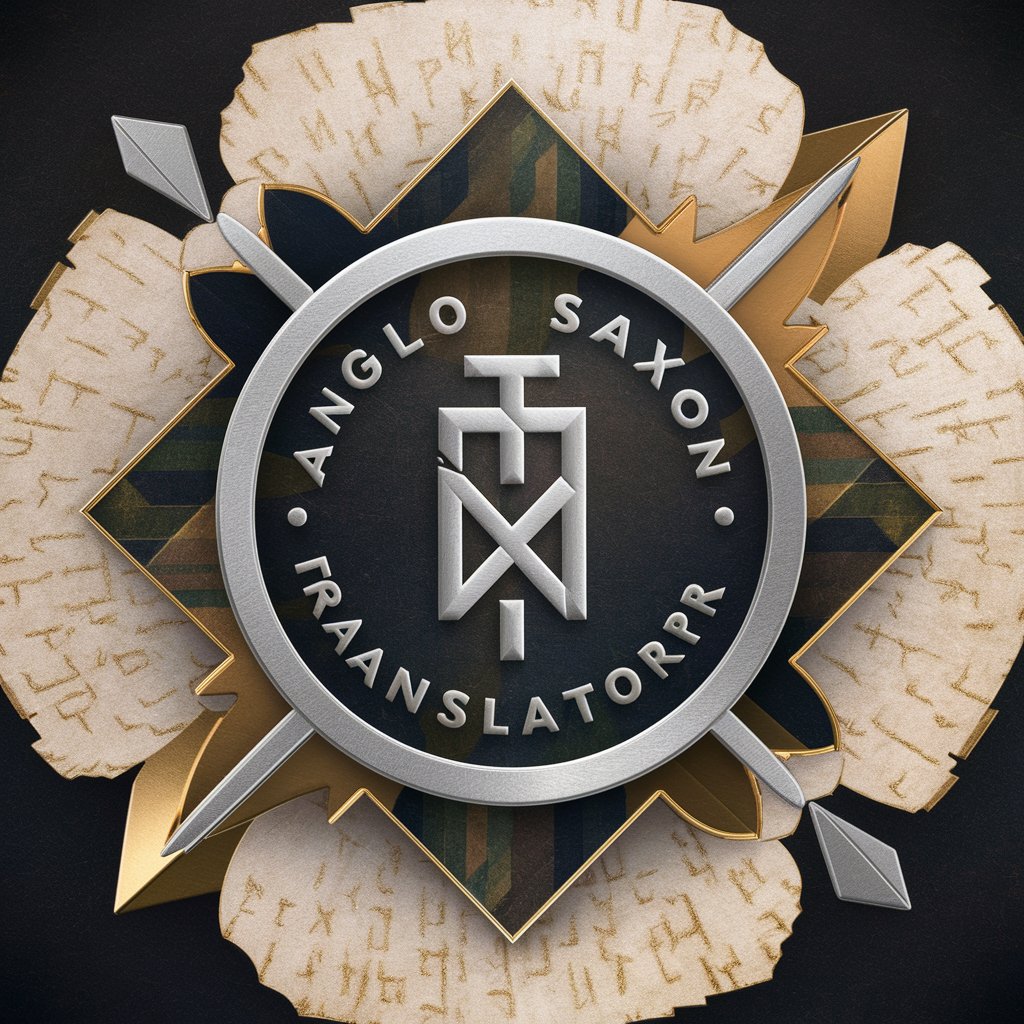
ShakespeareGPT
Revive the Bard's Language with AI

Quran-GPT
Unlocking Quranic Wisdom with AI
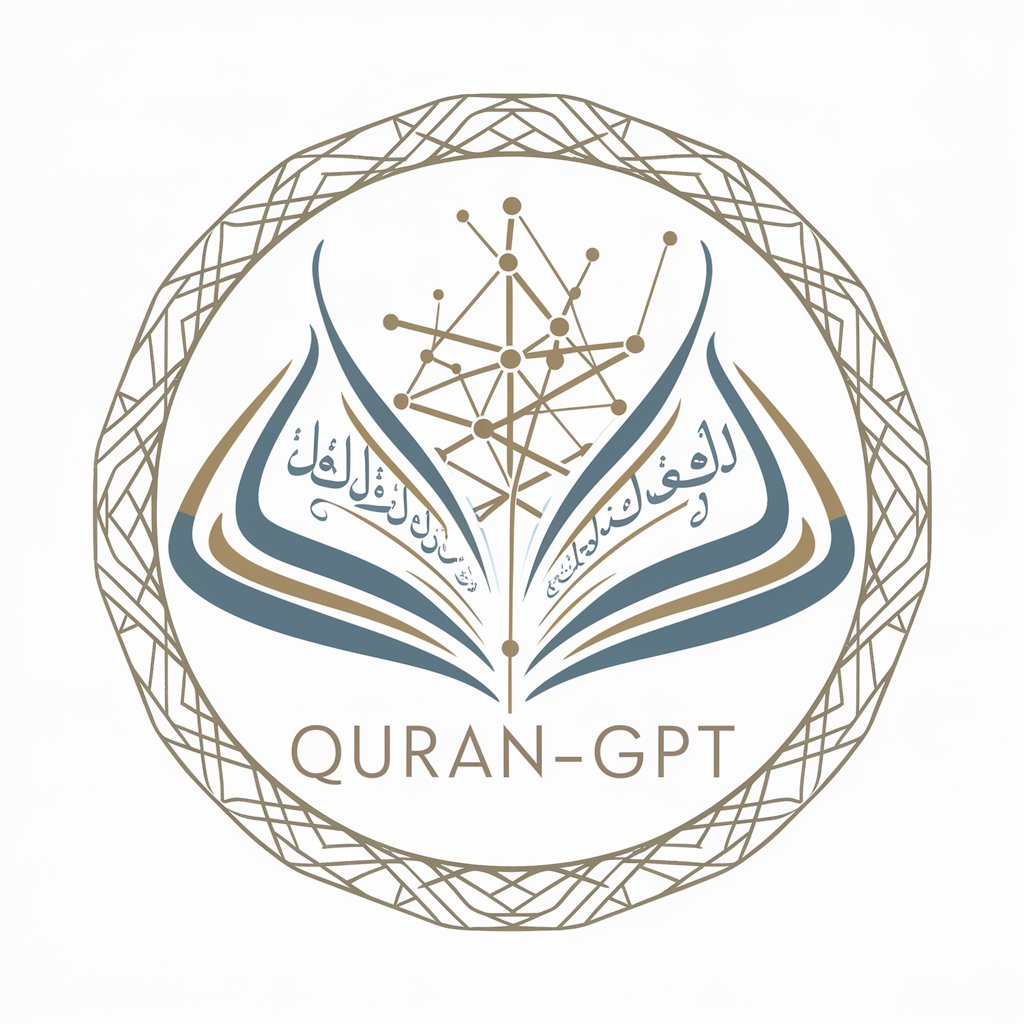
Schizoanalyzer
Unlocking Complex Thought with AI

Chinese Character (Kanji) Name Guide
AI-powered Kanji Name Conversion

Anglish Translator
Rediscover English with AI-Powered Anglish

N-Grams Generator
Harness AI for Deep Text Insights
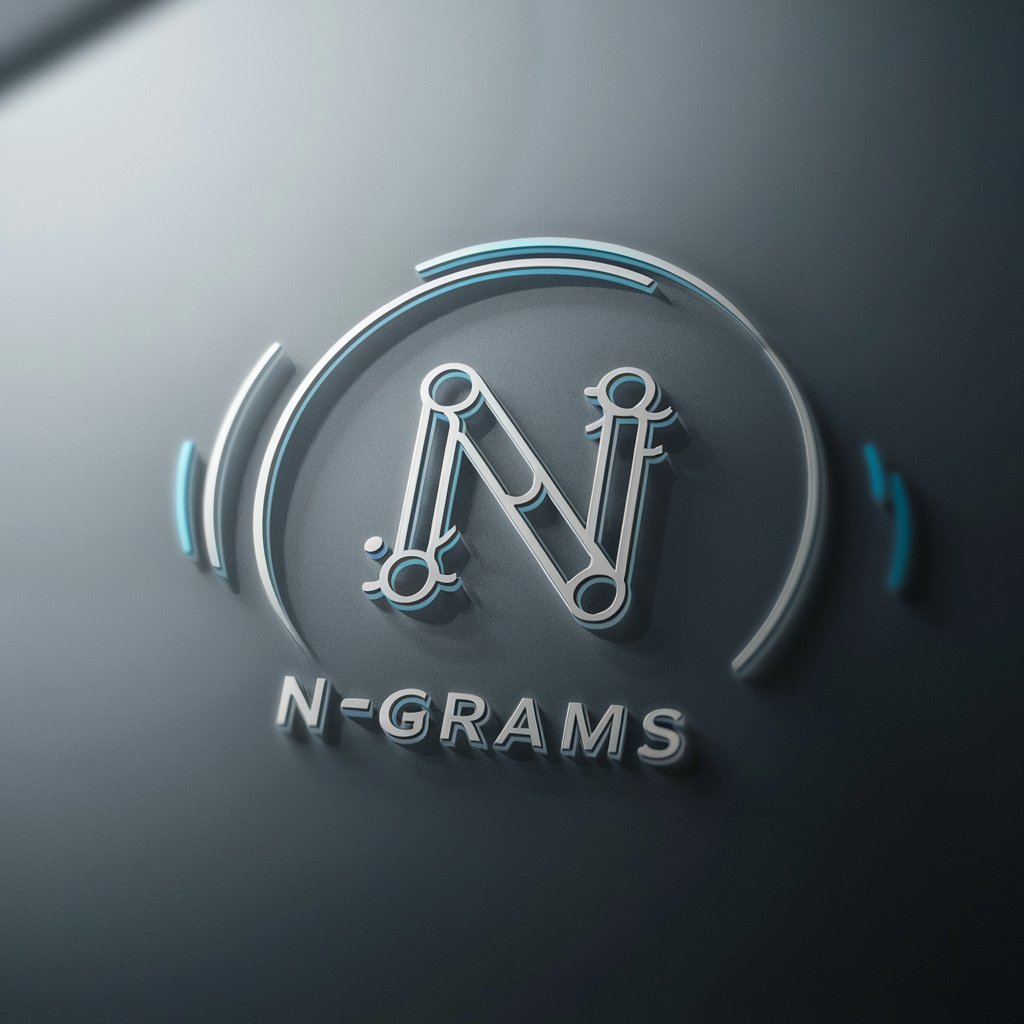
Riddim Translate
Bridging Cultures with AI-Powered Translation

NomOrigine
Uncover the past with AI-powered surname history
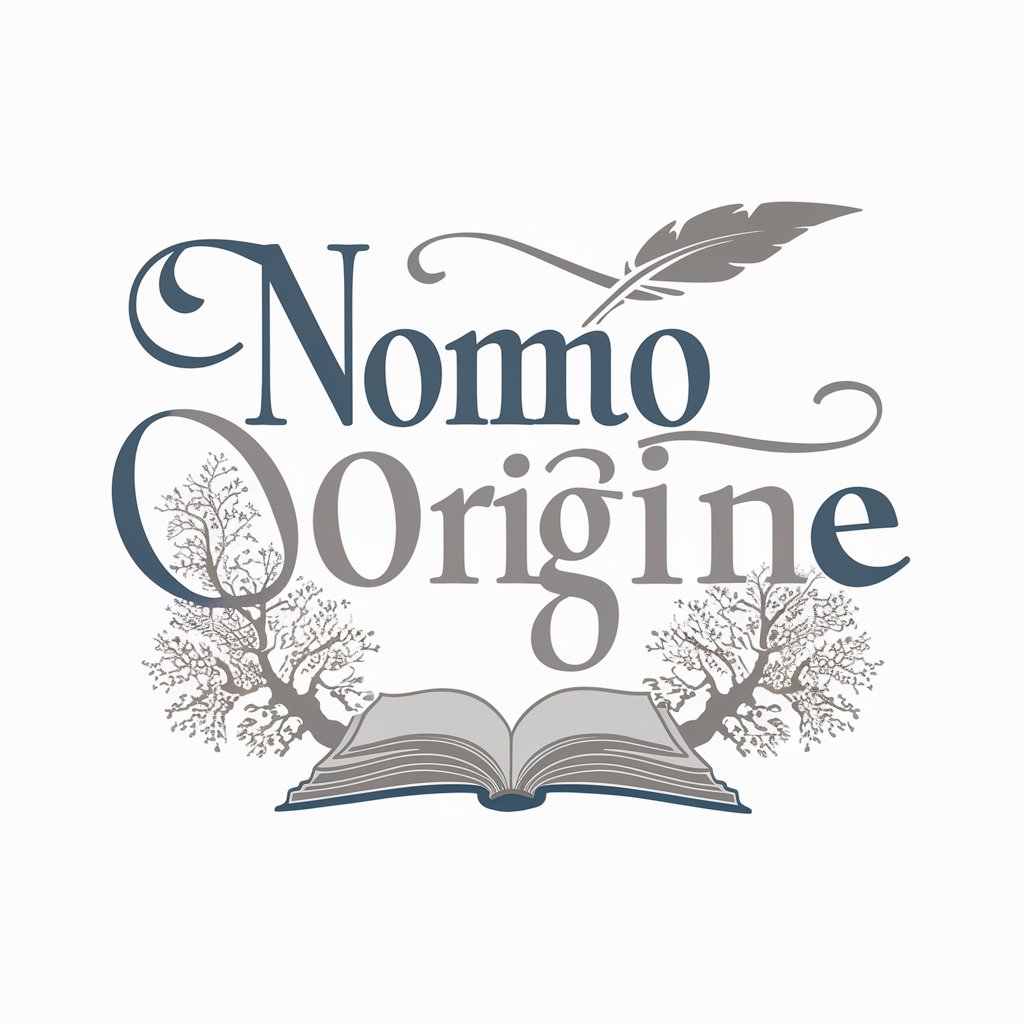
Word Origin
Unravel Words with AI-Powered Insights
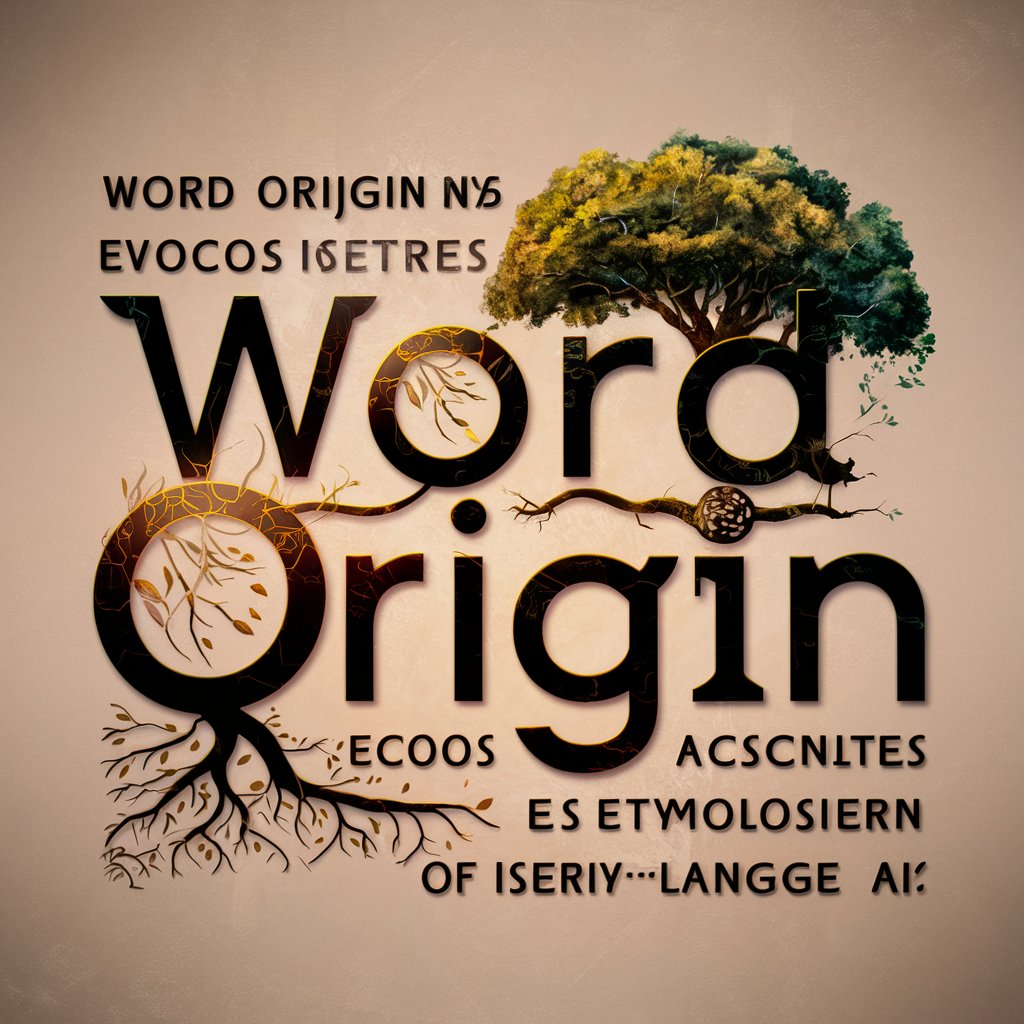
Semantic Significance Explorer
Deciphering Language with AI

Essential Attributes of Linguistic AI Tools
AI GPTs tools for Linguistic Study stand out due to their adaptability across various levels of linguistic inquiry, from fundamental language learning to complex linguistic analysis. Key features include natural language understanding and generation, support for multiple languages, the ability to simulate conversation and provide explanations in linguistic terms, and the integration of web searching and image creation for comprehensive linguistic studies. These tools are distinguished by their deep learning algorithms, enabling them to grasp subtle language nuances, detect patterns, and generate responses that mimic human linguistic behaviors.
Who Benefits from Linguistic AI Enhancements
The primary users of AI GPTs for Linguistic Study include language learners, linguistic researchers, educators, and developers interested in linguistic applications. These tools are accessible to novices, offering user-friendly interfaces for exploring linguistic concepts without the need for programming knowledge. Simultaneously, they cater to experts and developers by providing advanced customization options and programming interfaces to delve deeper into linguistic analysis and tool development.
Try Our other AI GPTs tools for Free
Supplement Guidance
Discover how AI GPTs for Supplement Guidance revolutionize personal health by providing tailored dietary supplement advice, ensuring informed decisions in a dynamic market.
Visual Feast
Discover AI GPTs for Visual Feast: innovative tools designed for creating and interacting with visual content, tailored to enhance creativity and productivity across various fields.
Indulgent Meals
Discover how AI GPTs for Indulgent Meals revolutionize culinary creativity with tailored recipes, innovative cooking insights, and personalized meal planning for food enthusiasts and professionals alike.
Faith Integration
Discover how AI GPTs tailored for Faith Integration can transform religious education, community engagement, and doctrinal exploration, offering respectful and insightful interactions.
Merchandise Guide
Discover how AI GPTs for Merchandise Guide can transform your merchandise management with tailored solutions for product descriptions, market analysis, and customer engagement.
Raid Strategy
Unlock the full potential of your raid strategies with AI GPTs, designed to offer customized, data-driven insights for optimized planning and execution.
Extended Perspectives on Customized Linguistic Solutions
AI GPTs for Linguistic Study represent a breakthrough in the field of linguistics, offering tools that are not only user-friendly but also highly adaptable to various linguistic tasks. Their ability to integrate with existing workflows and provide detailed linguistic analysis through a user-friendly interface makes them a powerful asset for anyone involved in the study or application of language. These tools exemplify the potential of AI to revolutionize linguistic studies, making complex analyses more accessible and providing insights that were previously unattainable.
Frequently Asked Questions
What exactly are AI GPTs for Linguistic Study?
AI GPTs for Linguistic Study are AI-driven tools that utilize Generative Pre-trained Transformers to perform a variety of linguistic tasks, including language learning, text analysis, and natural language processing, tailored specifically to the needs of linguistic research and education.
Who can benefit from using these tools?
Language learners, linguistic researchers, educators, and developers looking to incorporate linguistic analysis into applications can all benefit from these tools.
Do I need coding skills to use these tools?
No, these tools are designed to be accessible to users without programming knowledge, though they also offer programming interfaces for those who wish to explore more advanced functionalities.
Can these tools support multiple languages?
Yes, one of the core features of these GPTs is their support for multiple languages, making them suitable for comparative linguistic studies and language learning.
How do these tools adapt to complex linguistic functions?
These tools utilize deep learning algorithms to understand context, analyze language patterns, and generate responses, adapting to both basic and complex linguistic tasks.
Can I integrate these tools into my existing workflow?
Yes, these tools are designed to be integrated into existing systems or workflows, providing flexible APIs for developers to create customized linguistic applications.
What distinguishes AI GPTs for Linguistic Study from other AI tools?
Their specialization in linguistics, ability to handle multiple languages, and adaptability to a range of linguistic tasks set them apart from general AI tools.
Are there any special features for language learning?
Yes, these tools offer features such as simulated conversation, language pattern recognition, and contextual language generation, which are particularly beneficial for language learning.